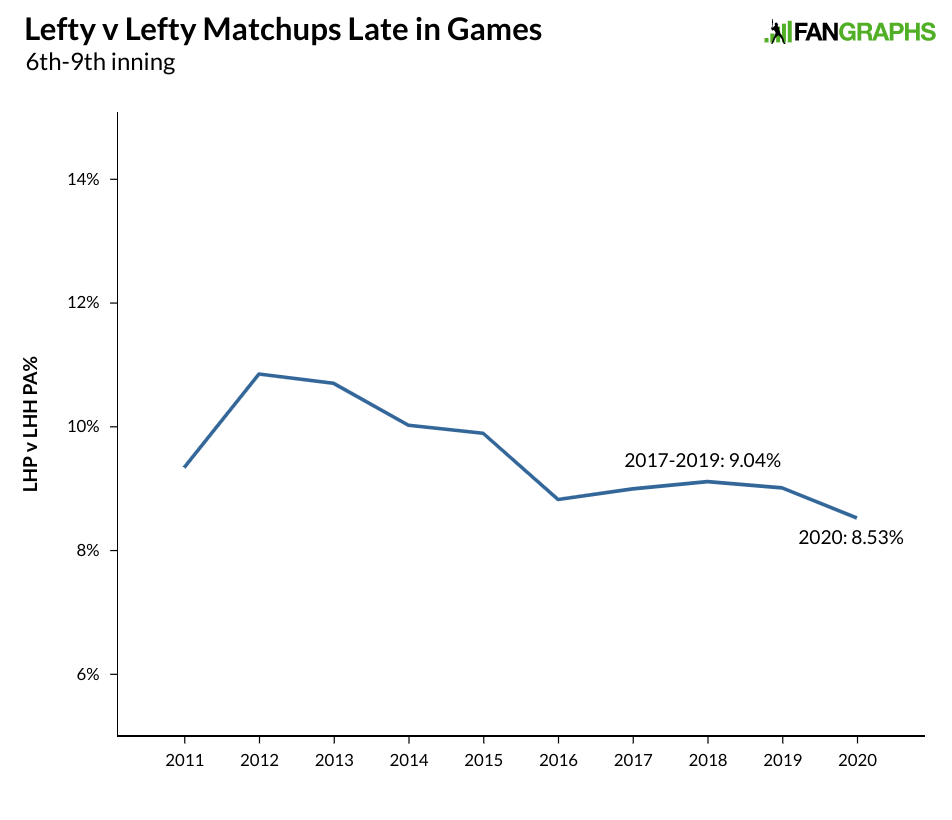Effectively Wild Episode 1583: The Shift in Conversation

Ben Lindbergh and Meg Rowley reflect on the recent protests, statements, and strikes across the sports world and in MLB specifically, touching on why some teams did or didn’t opt to play on Wednesday and Thursday, the messages that those decisions sent, and whether this week will mark a lasting break from MLB players’ past apolitical tendencies. Then (24:34) they welcome shift-doubting Baseball Prospectus author Russell Carleton and shift-endorsing Sports Info Solutions analyst Alex Vigderman for a knock-down, drag-out debate (OK, maybe more like a friendly discussion) about the present and future of fielder positioning, in an attempt to answer a few pressing questions about how MLB does defensive alignments: Is it possible that the shift is actually increasing scoring? If so, why are teams shifting more often every year? Can teams shift more effectively than they do now? And what can we learn from the, er, shifting perceptions of the shift over time?
Audio intro: Bill and Joel Plaskett, "Solidarity"
Audio interstitial: Snowgoose, "Shifting Sands"
Audio outro: Ty Segall, "I Am Not a Game"
Link to FanGraphs’ Jon Tayler on MLB’s scattered response
Link to Brodie Van Wagenen video and transcript
Link to Bradford Williams Davis on the Mets mess
Link to video of Mets and Marlins
Link to statement by The Players Alliance
Link to David Roberts on rethinking kneeling
Link to Shakeia Taylor on Jackie Robinson Day
Link to Marc Normandin on players taking a stand
Link to Michael Baumann on MLB’s apolitical foundation
Link to Ken Rosenthal on players exerting their power
Link to Russell on killing the shift
Link to Russell on room for nuance in the shift
Link to video about the Mets shifting less
Link to Tom Tango on shifting
Link to Matt Trueblood on shifting
Link to leaguewide shift rates by year in the Statcast era
Link to Ben on outfield shifting
Link to Alex on the latest uptick in shifts
Link to Alex on shifts being added to Defensive Runs Saved
Link to Alex on the most extreme catch locations
Link to FanGraphs post on the 2020 DRS update
Link to article about the Tigers shifting in 2020
Link to Josh Levin on what early sabermetrics got wrong
Link to The Fielding Bible, Vol. V
Link to Russell’s book, The Shift
Link to the Sports Info Solutions Baseball Podcast
![]() iTunes Feed (Please rate and review us!)
iTunes Feed (Please rate and review us!)
![]() Sponsor Us on Patreon
Sponsor Us on Patreon
![]() Facebook Group
Facebook Group
![]() Effectively Wild Wiki
Effectively Wild Wiki
![]() Twitter Account
Twitter Account
![]() Get Our Merch!
Get Our Merch!
![]() Email Us: podcast@fangraphs.com
Email Us: podcast@fangraphs.com
Podcast (effectively-wild): Play in new window | Download
Subscribe: RSS

 Dan Szymborski
Dan Szymborski